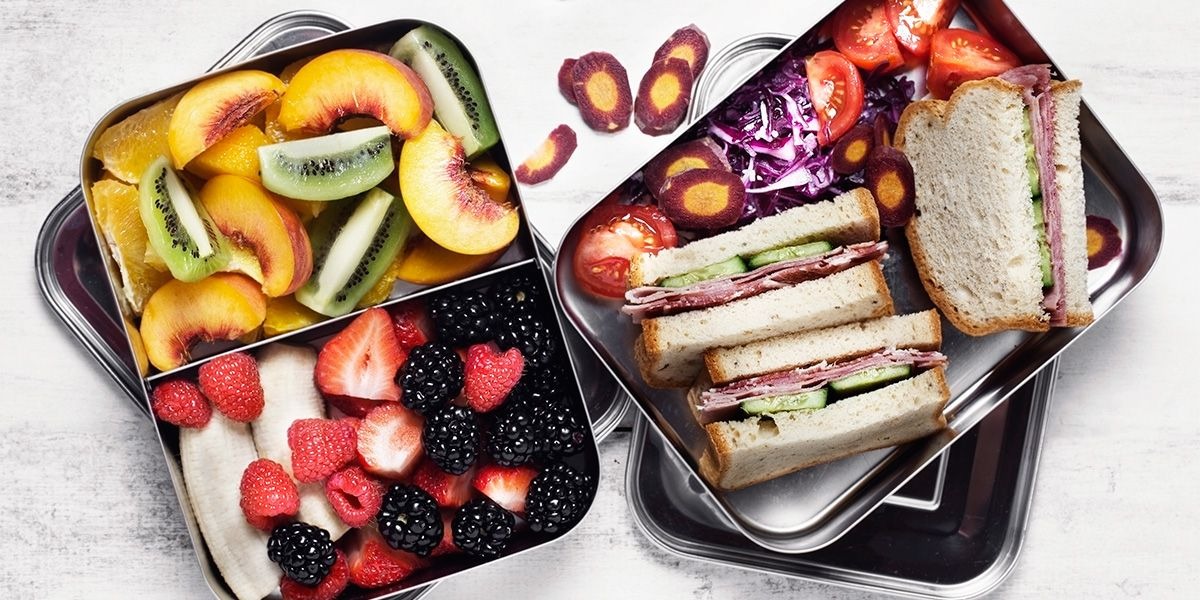Creating Balanced Meals for Fitness Goals
Creating balanced meals for fitness goals is crucial for achieving success in your health and wellness journey. Whether you’re aiming to lose weight, gain muscle, or improve overall fitness, what you eat plays a significant role. Balancing your meals ensures you provide your body with the nutrients it needs to perform optimally and reach your desired fitness outcomes.
The Role of Calorie Counting for Weight Management
Calorie counting for weight management is a fundamental aspect of creating balanced meals. By understanding the energy content of the foods you consume, you can effectively control your calorie intake to align with your fitness goals. Whether you’re aiming to lose, maintain, or gain weight, tracking your calorie consumption allows for better control and management of your overall dietary intake.

Components of Balanced Meals
Balanced meals consist of a combination of macronutrients—carbohydrates, proteins, and fats—along with essential vitamins and minerals. Incorporating a variety of nutrient-dense foods such as fruits, vegetables, lean proteins, whole grains, and healthy fats ensures you provide your body with the necessary fuel for optimal performance and recovery. Balancing these components helps support muscle growth, repair, and overall well-being.
Planning and Preparing Balanced Meals
Effective meal planning and preparation are essential for creating balanced meals that align with your fitness goals. Start by setting aside time each week to plan your meals and snacks, considering your nutritional needs and calorie targets. Prepare ingredients in advance, such as chopping vegetables or cooking grains and proteins, to streamline the cooking process during busy days. Having nutritious meals readily available reduces the temptation to opt for less healthy options.
Incorporating Variety and Flexibility
Creating balanced meals for fitness goals doesn’t mean sticking to a rigid diet plan. Incorporating variety and flexibility ensures you enjoy a diverse range of nutrients while preventing boredom and burnout. Experiment with different recipes, cuisines, and ingredients to keep your meals exciting and satisfying. Additionally, allow yourself the flexibility to indulge in occasional treats or meals out while staying mindful of portion sizes and overall calorie intake.
Practical Tips for Creating Balanced Meals
When planning your meals, aim for a balance of carbohydrates, proteins, and fats to provide sustained energy and support muscle growth and recovery. Include plenty of fruits and vegetables to boost your intake of vitamins, minerals, and antioxidants. Opt for lean protein sources such as poultry, fish, tofu, or legumes to meet your protein needs without excess saturated fat. Incorporate whole grains like quinoa, brown rice, or oats for fiber and long-lasting energy.
Monitoring Portion Sizes and Caloric Intake
In addition to balancing macronutrients, monitoring portion sizes is essential for managing caloric intake and achieving your fitness goals. Use measuring cups, scales, or visual cues to gauge appropriate serving sizes and avoid overeating. Pay attention to portion distortion, especially when dining out or consuming packaged foods, as portion sizes can often be larger than recommended. Being mindful of portion sizes helps prevent unnecessary calorie consumption and supports weight management efforts.
Adjusting Your Approach as Needed
As you progress on your fitness journey, it’s essential to reassess and adjust your approach to creating balanced meals accordingly. Your nutritional needs may change based on factors such as activity level, metabolism, and overall health status. Regularly evaluate your dietary habits and make modifications as needed to ensure they align with your current fitness goals and objectives. Flexibility and adaptability are key to long-term success in maintaining a balanced and healthy diet.

Conclusion
Creating balanced meals for fitness goals is a cornerstone of achieving success in your health and wellness endeavors. By understanding the importance of balanced nutrition and incorporating key components into your meals, you can fuel your body effectively for optimal performance and results. Whether you’re focusing on weight management, muscle gain, or overall fitness, prioritizing balanced meals sets the stage for long-term success and well-being. Remember to stay flexible, monitor portion sizes, and adjust your approach as needed to support your evolving fitness journey.









